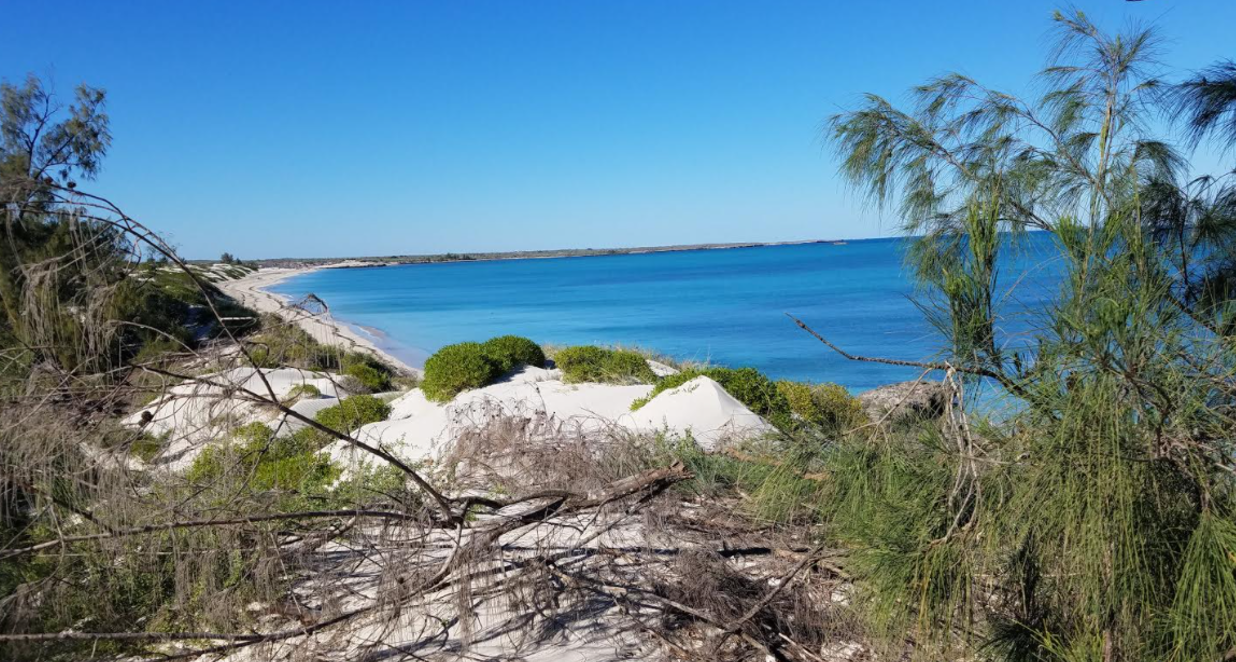Geospatial Informatics
My research actively works to develop new geospatial methods for archaeological analyses, including GIS, remote sensing, and spatial statistical techniques for landscape studies.
Human-Environmental Dynamics
My work seeks to further our understanding of the relationship between human and environmental systems, particularly the feedback between human behavior and ecological impacts over long periods of time.
Landscape Historical Ecology
My work focuses primarily at the landscape scale, where I am interested in understanding long-term relationships between sociopolitical, socioeconomic, and environmental/climatic systems.
Brief Biography
I am an archaeologist specializing in remote sensing applications and human-environmental interaction. I am currently a Geospatial Projects Manager at XTS Inc. and am an affiliated researcher with the Olo Be Taloha Lab at Columbia University. I earned my Ph.D. in Anthropology from The Pennsylvania State University in May of 2022. My research primarily focuses on human responses to hypervariable conditions. My interests lie at the intersection of behavioral and environmental science and I am particularly interesting in understanding why people choose to settle in particular places and the cumulative impacts of land use strategies on ecosystem functioning at different scales. I seek to answer these kinds of questions using archaeology, paleocecology, and geospatial methods like GIS and remote sensing to help understand spatial and temporal dimensions of these human-environment interactions.
My ongoing research seeks to understand the role that socioeconomic strategies play in long-term ecological change across landscapes. Specifically, my current research is focused on understanding cumulative impacts of different human land-use strategies on ecosystem functioning at local and regional scales. To do this, I am developing new approaches that combining archaeology, geochemistry and geospatial sciences to identify how ecological systems are impacted by human activities.
Most of my work centers on island and coastal regions and seeks to further our understanding of the long-term impacts of human settlement and livelihood strategies. My doctoral dissertation developed used a multiproxy approach to understand behavioral drivers and feedbacks of human settlement choices on socioecological systems on Madagascar. This project helped develop a number of methods for landscape archaeological investigation and established linkages between environmental conditions and human settlement patterns in Southwest Madagascar.
My research has been funded by a number of agencies, including the National Science Foundation and National Geographic, and has been published in top-ranking scientific journals in multiple disciplines. I currently serve as Co-Editor in Chief for Archaeological Prospection.
Education
2022 - Ph.D. Anthropology, The Pennsylvania State University
2018 - M.A. Anthropology, Binghamton University
2017 - B.S. Anthropology, Binghamton University (concentration in Archaeology)
2017 - B.A. Geography, Binghamton University (concentration in Computer Applications for Human Environmental Analysis)
Academic Affiliations
Olo Be Taloha (African Environmental Archaeology) Laboratory, Columbia University (PI: Kristina Douglass)
Organic Geochemistry Facility , Lamont-Doherty Earth Observatory (PI: William D'Andrea)

